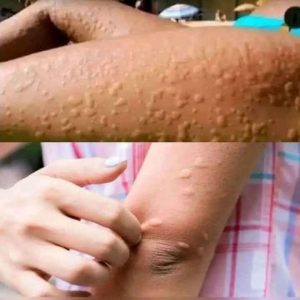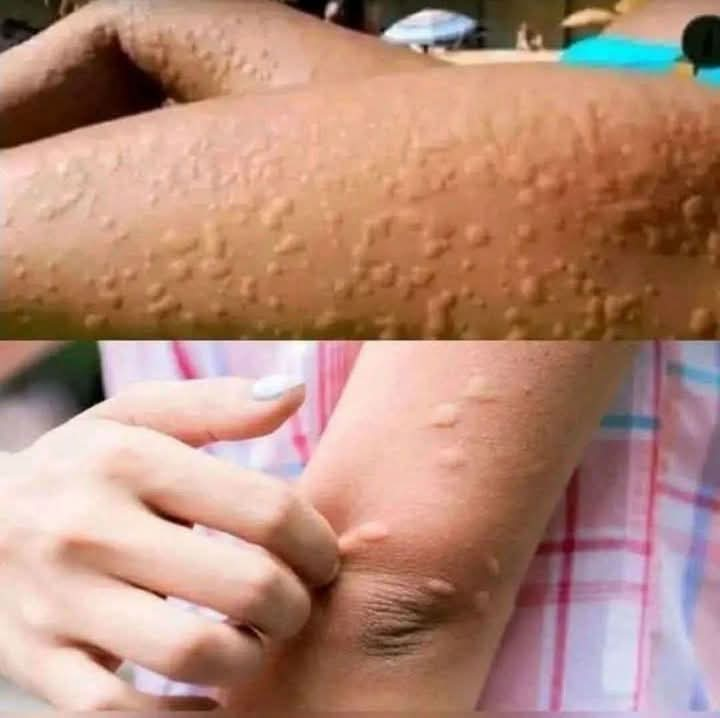
John’s case was a classic example of how seemingly minor symptoms could indicate a more significant health issue. His experience highlighted the importance of not ignoring persistent discomfort and seeking medical attention when symptoms do not improve.
The Road to Recovery
Following his diagnosis, John was put on a treatment plan to manage his condition. Medications such as ursodeoxycholic acid (UDCA) were prescribed to help improve bile flow and reduce liver damage. He also made lifestyle changes, including adopting a liver-friendly diet, reducing alcohol intake, and incorporating regular exercise to maintain overall health.
The itching did not disappear overnight, but with proper treatment, it gradually lessened. More importantly, catching the disease early meant that John could take steps to prevent further liver damage. His journey was a wake-up call—not just for himself but also for those around him who dismissed symptoms as minor inconveniences.
A Lesson in Health Awareness
John’s experience serves as a reminder that our bodies often send signals when something is wrong. Itching is commonly associated with skin conditions or allergies, but in some cases, it can indicate a deeper problem. Liver diseases, kidney disorders, and even certain cancers can manifest through persistent itching.
For anyone experiencing prolonged itching that does not respond to usual treatments, it is crucial to consult a doctor and explore all possible causes. Early diagnosis can make a significant difference in managing and treating underlying conditions before they become severe.
John’s story is one of resilience and awareness. He learned firsthand the importance of listening to his body and seeking help when something felt off. What began as an unbearable itch turned into a life-changing diagnosis, proving that sometimes, the smallest symptoms can be the most significant warning signs.
